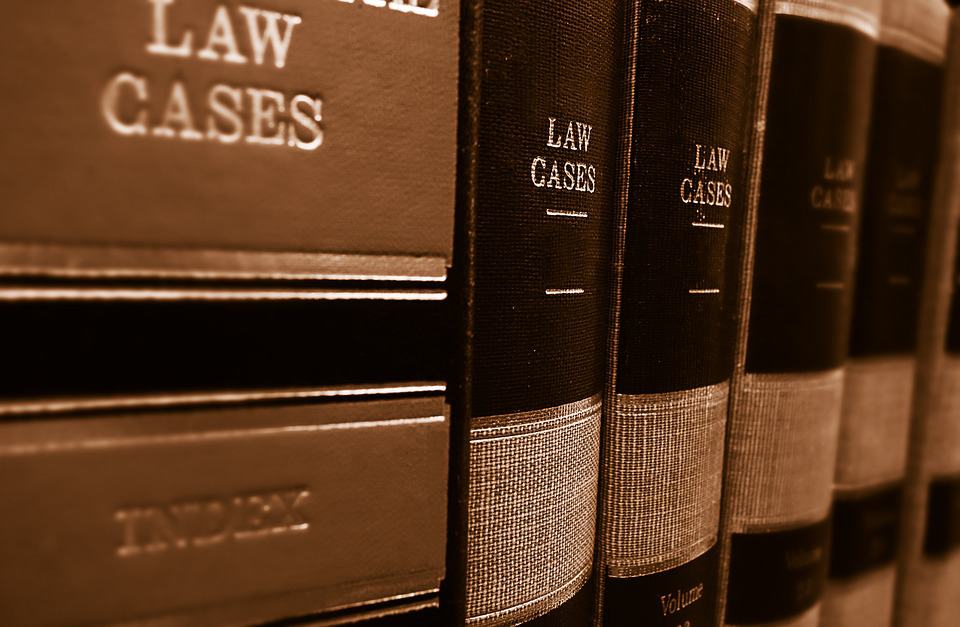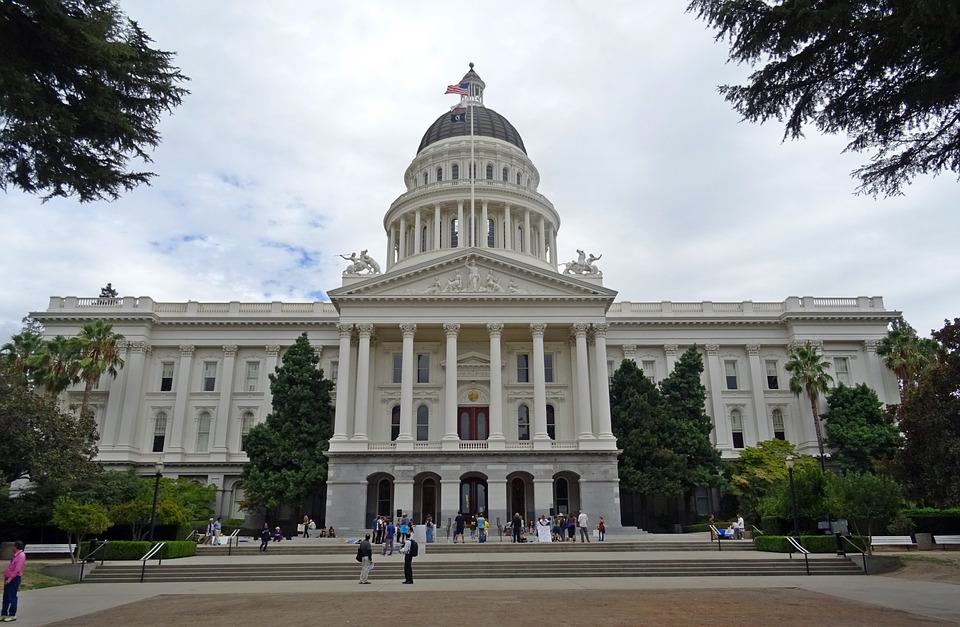Dangerous Product Case Opinion Limits the Rights of Californians
The California Court of Appeals for the Fourth Appellate District recently handed down a decision in the case of Gonzalez v. Southern California Gas Company that can only be described as questionable at best and destructive to the rule of law at worst.
A young girl died after her car hit a gas meter that was along the side of the road and not properly covered as required by federal law—a law that was created due to the foreseeability of accidents like this one. The jury ruled in her favor, but the Court of Appeals decided to reverse the verdict, leaving her family without justice. What makes it worse is that the Court decided NOT to publish their opinion for official review and authority—an indication that the justices may have realized that their ruling was unsupported by existing case law.
Our San Diego injury lawyer website recently wrote a brief article detailing the events of this defective products lawsuit and why this is important to everyone to read and understand. The Court decided not to provide the public with protections that previous courts and Congress had intended gas companies to install. Please read our article on this outrageous tort reform opinion for the full story.
The California Court of Appeals Recently Handed Down a Horrible Tort Reform Opinion Affecting All Californians Injured by Dangerous Products. Here is How this Court Ruling Will Limit Your Legal Rights.
Prior to the accident when the gas line was first installed, SCG was required by federal law to protect the gas line from foreseeable collisions. The tragic part of this incident is that had SCG protected the gas line as it was legally required to do so, the girl would have only suffered a cut lip. The case went to trial and the jury found that SCG had a duty to protect the victim by coving the gas line and that it’s failure to do so was a substantial factor in causing the girl’s death.
SCG predictably appealed this decision to the Court of Appeals in California. But in a shocking turn of events, the Court decided to overturn the family’s wrongful death verdict and stated that SCG did not owe a duty to protect the gas line. The court wrongfully stated that this type of collision was “not foreseeable,” therefore, the jury verdict was disregarded and SCG was not held liable.
What the Appellate Court did was wrong, and even worse, their decision runs afoul of previous California decisions. There are three separate cases that this Court decided to distinguish its’ opinion from, including the California Supreme Court opinion in Bigbee v. Pacific Tel. & Tel. Co., 34 Cal.3d, 49 (1983).
Most cases of this magnitude are published so courts and attorneys can cite to it. Case precedent is important because the public needs to know what the law is, and how courts interpret the law. However, in shocking fashion, this Court decided NOT to publish their opinion for others to see. It would be one thing for the Court to publish their opinion to the public and allow it to stand up to public scrutiny and review, but the Court (for whatever reason) decided a case that contradicts prior case precedent should not be published. My opinion is that the judges knew that their decision was wrong and without basis and they did not publish their ruling in hopes that it would not be challenged.
So why should this Appellate Court opinion matter to you? For starters, it proves that the Courts do not always do the right thing. Judges are humans too, so sometimes they do not always come to the right decision. This is why it is important that you hire an attorney that is willing to fight and speak out when a Court makes bad decisions.
Fortunately, the trial attorneys for the victim’s family is appealing the Court of Appeals ruling to the Supreme Court. We hope that the Supreme Court accepts their appeal and overturns this poor ruling.…










